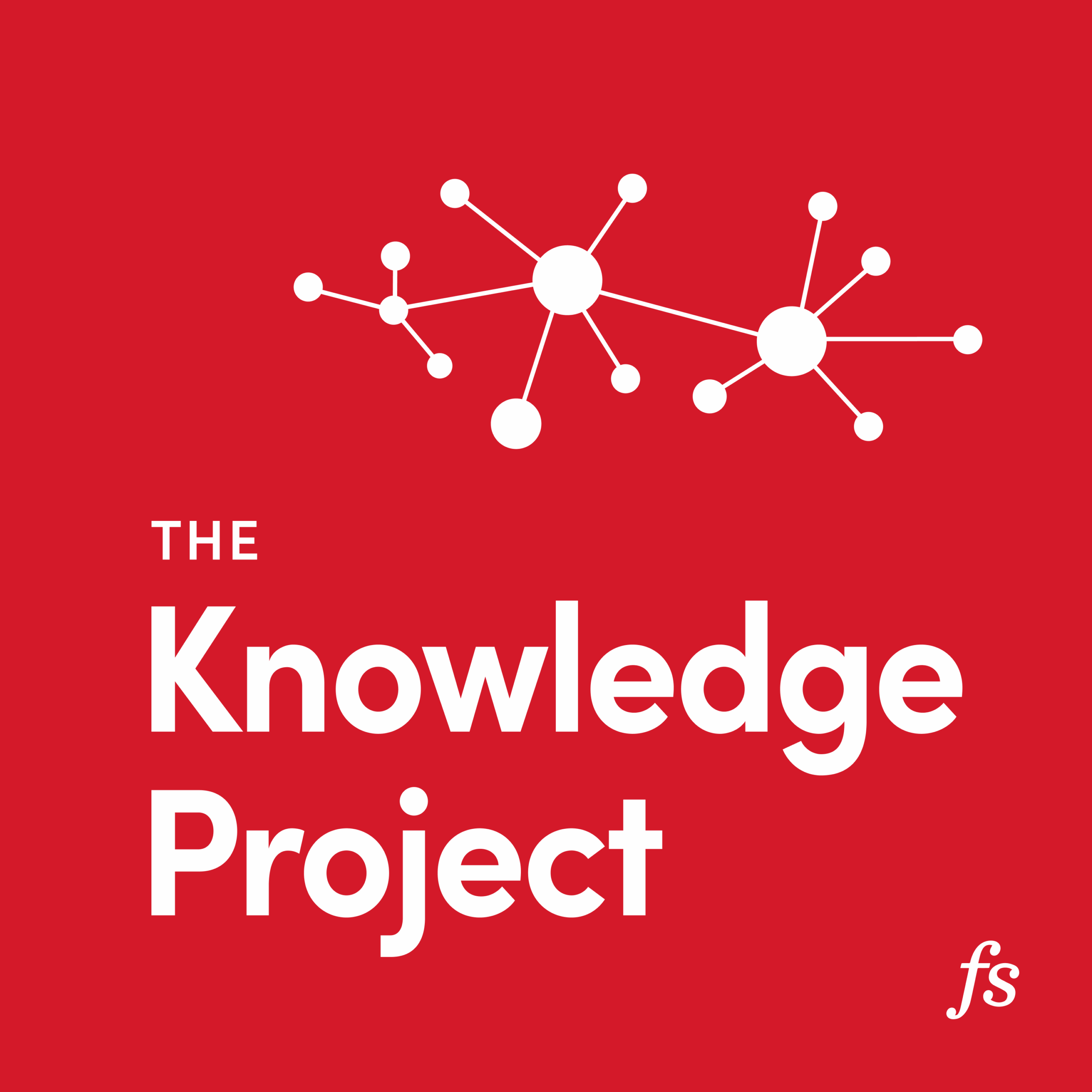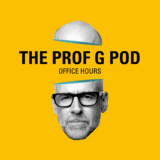.lightweight-accordion { border: 1px solid #ccc; border-radius: 4px; margin: 10px 0; } .icon-container { display: flex; ...
With JD Vance casting a tiebreaking vote, the Senate voted Tuesday to advance the GOP budget bill. To process this news, Jessica is joined by Galen Druke — the ...
Many of us are living with chronically dysregulated nervous systems, yet we mistake this reactive state for normal. Research suggests that our nervous system ...
.lightweight-accordion { border: 1px solid #ccc; border-radius: 4px; margin: 10px 0; } .icon-container { display: flex; ...
At 96 years old, Jimmy Pattison still runs his $16 billion empire personally. He’s built it over 63 years without outside capital or a college degree. He owns ...
.lightweight-accordion { border: 1px solid #ccc; border-radius: 4px; margin: 10px 0; } .icon-container { display: flex; ...
.lightweight-accordion { border: 1px solid #ccc; border-radius: 4px; margin: 10px 0; } .icon-container { display: flex; ...
Why does seriousness feel radical today? a16z General Partner Katherine Boyle joins The LaBossiere Podcast to explore what it means to build for the national ...
Ever feel like you need a personal assistant but can’t afford one? Hannah Morgan found a way to help busy families get that support without the big price ...
Scott kicks things off with advice on whether being provocative helps or hurts when building your brand. He then unpacks some of the best and worst rebrands in ...
中文 Tiếng Việt .lightweight-accordion { ...
What’s the point of college if no one’s actually doing the work? It’s not a rhetorical question. In the age of AI, it’s incredibly easy for students to ...
- « Previous Page
- 1
- …
- 49
- 50
- 51
- 52
- 53
- …
- 576
- Next Page »




